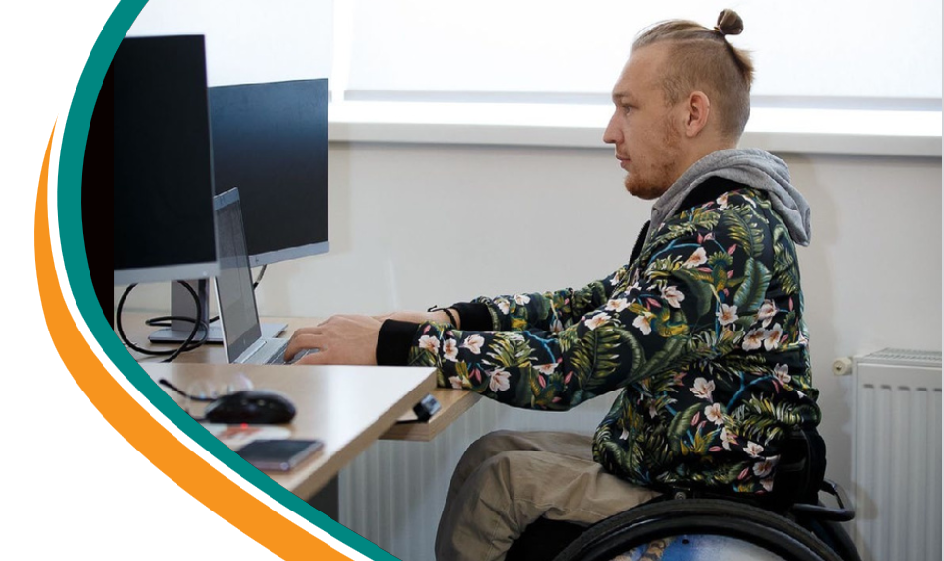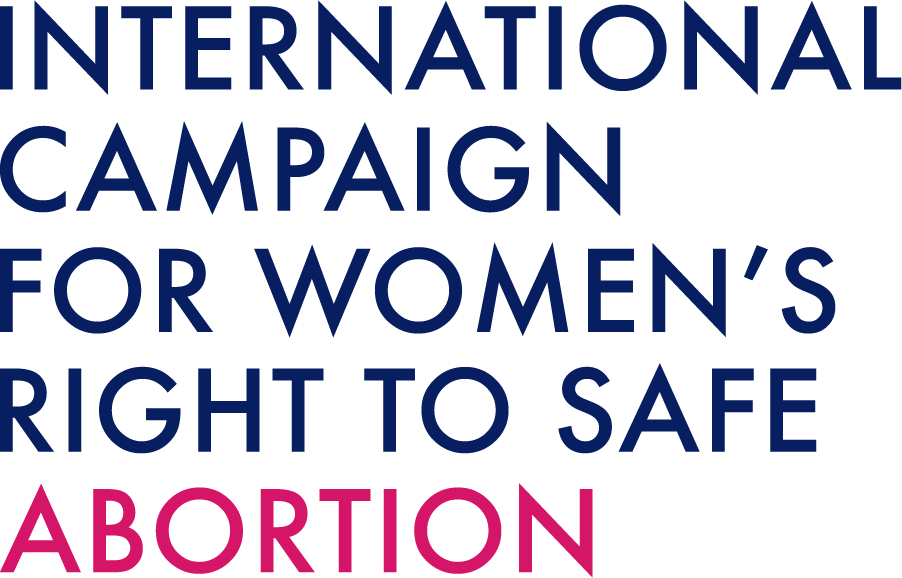
STUDY: "Generations and Gender - Barriers faced by people with disabilities in family planning and achieving the desired number of children."[:]
An analysis was recently published as part of the Generations and Gender Study Research Programme, launched by the United Nations Population Fund (UNFPA Moldova) in November 2021 for in-depth analysis of GGS findings and identification of policy measures to strengthen demographic resilience in the Republic of Moldova.
The full study can be reviewed in the document attached to this article.

The analysis is based on data from the Generations and Gender Study (GGS), which is the first and most comprehensive longitudinal demographic study conducted to date in more than 24 countries and is part of an international programme coordinated by the United Nations Economic Commission for Europe (UNECE) and the Netherlands Institute of Demography (NIDI).
The findings of this study are intended to provide Moldovan policy-makers with detailed disaggregated data on demographic change in the country, so that the authorities can develop people-centred population policies tailored to their real needs. The study was conducted by Parascovia Munteanu, PhD in sociology, Keystone Moldova researcher.
”Family life and the barriers faced by people with disabilities in creating and planning a family is a current area of research in the context of social and demographic change and the principle of ‘no-one left behind’ (LNOB). This population group continues to be marginalised and excluded from some public policies and from the life of society. Less on the agenda of public authorities are measures relating to marriage, fertility, family, parenthood and interpersonal relationships of people with disabilities on an equal basis with others. To date, the right of all people with disabilities who are of marriageable age to start a family by free and full consent is not fully recognised.
Society continues to be dominated by stereotypes that some people with disabilities do not have the right to marry, cannot decide freely and responsibly on the number and spacing of children.”
Source:
[:][:]



















